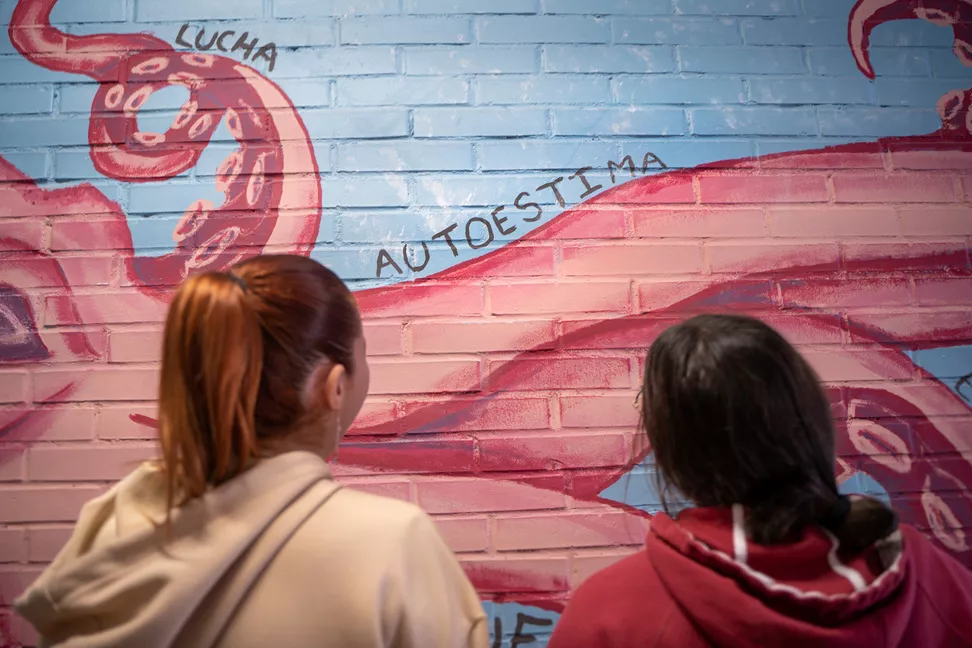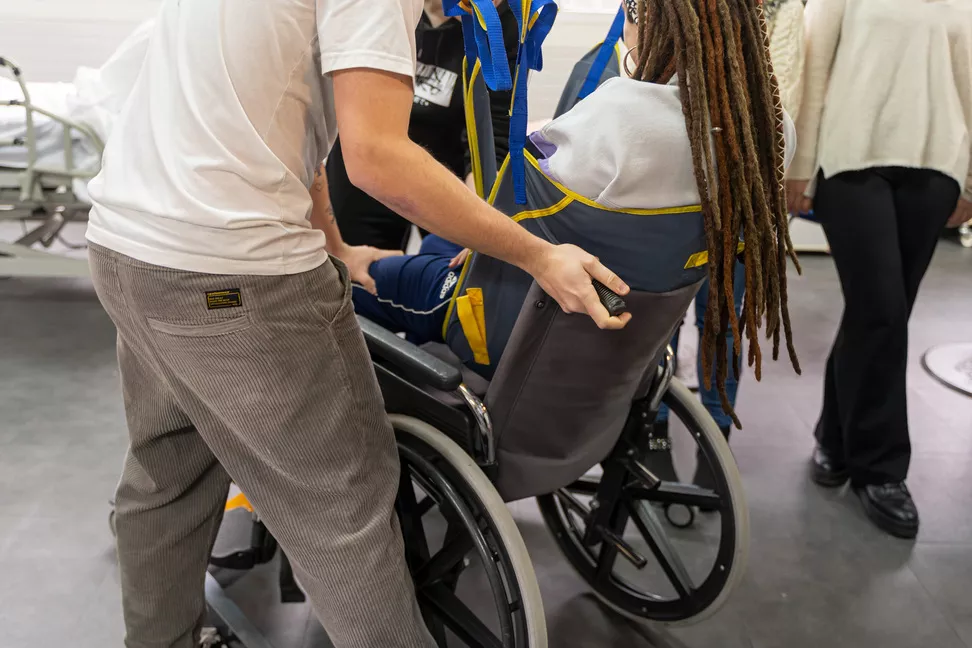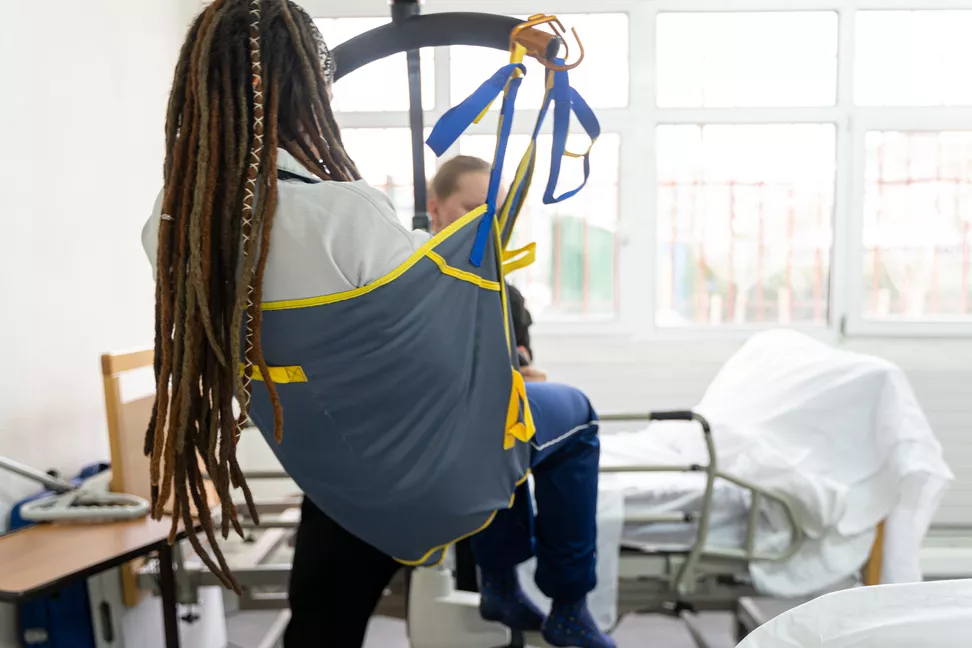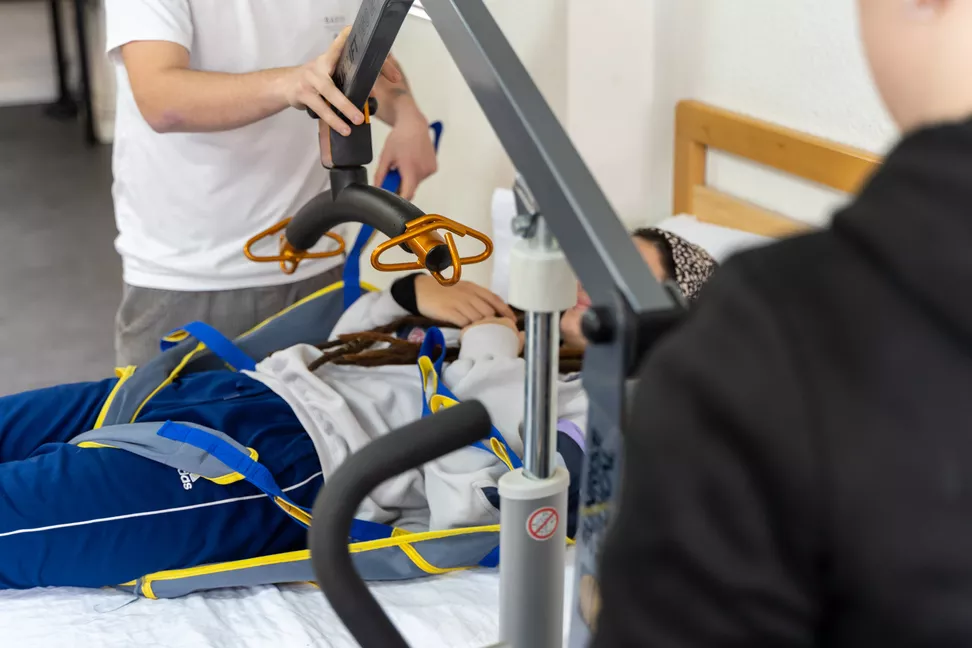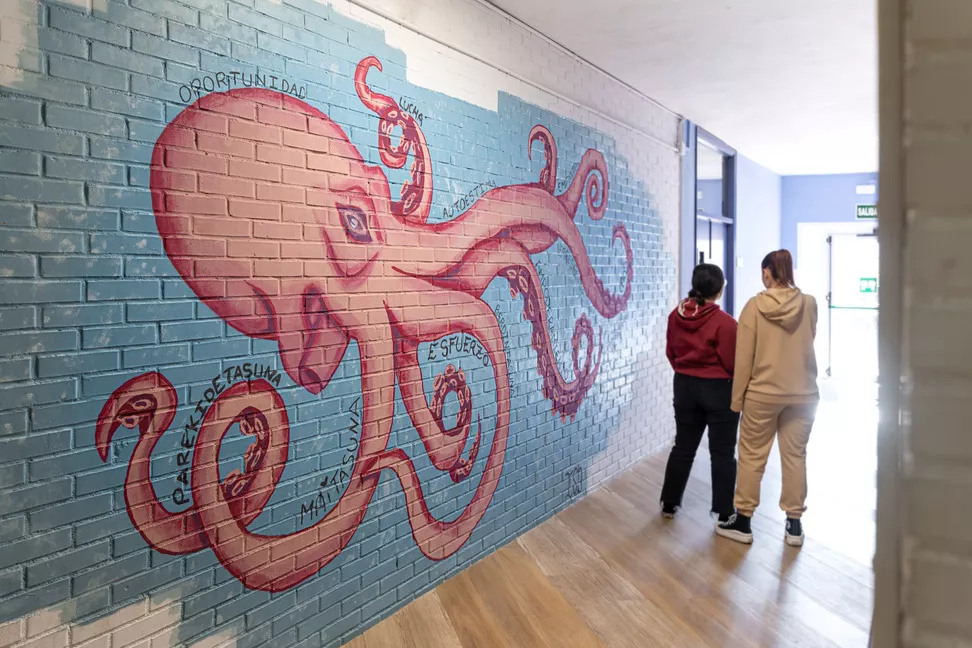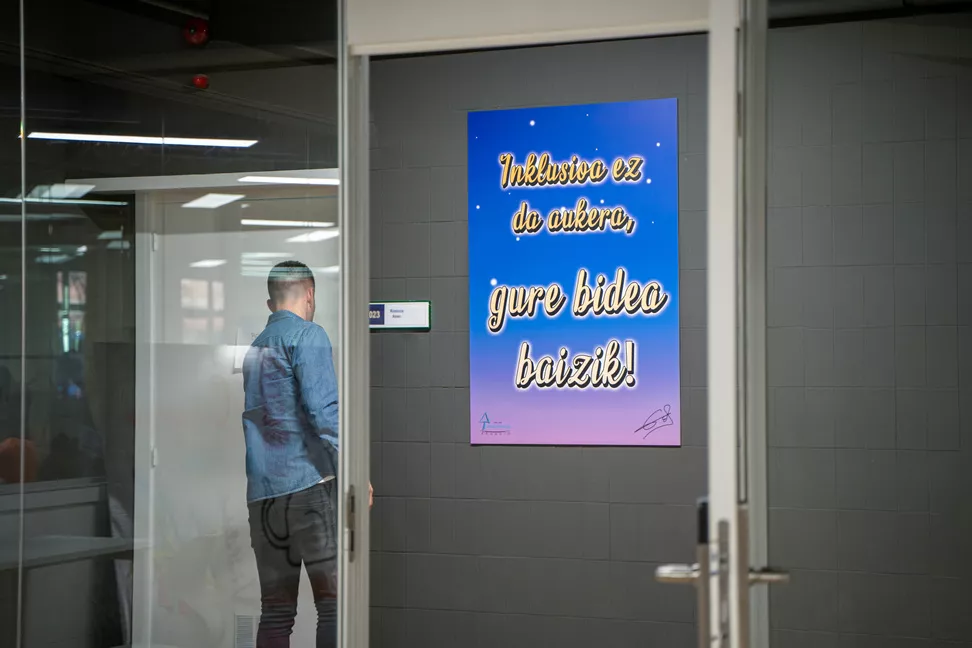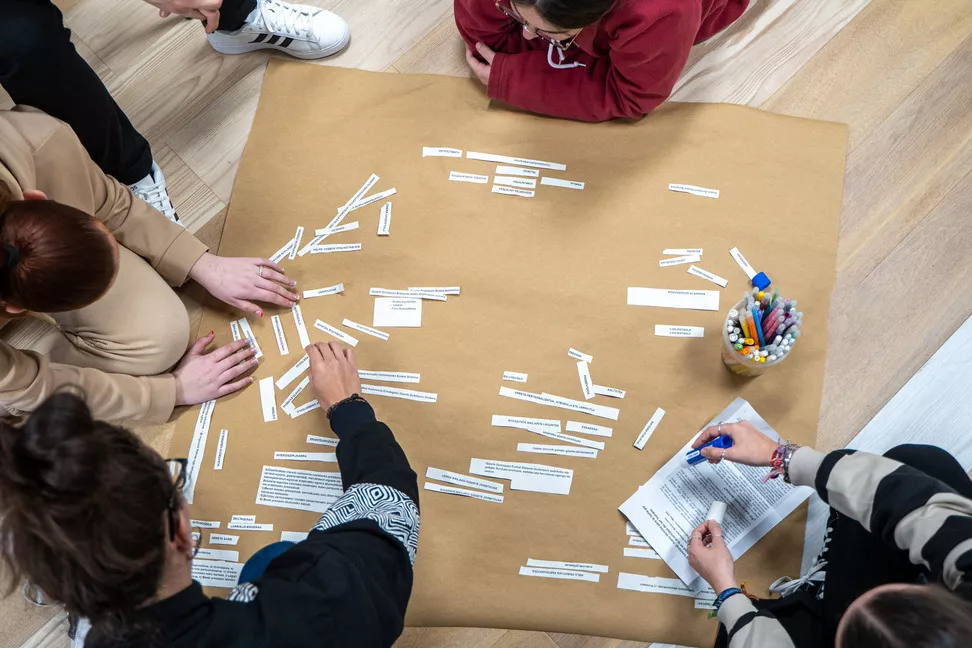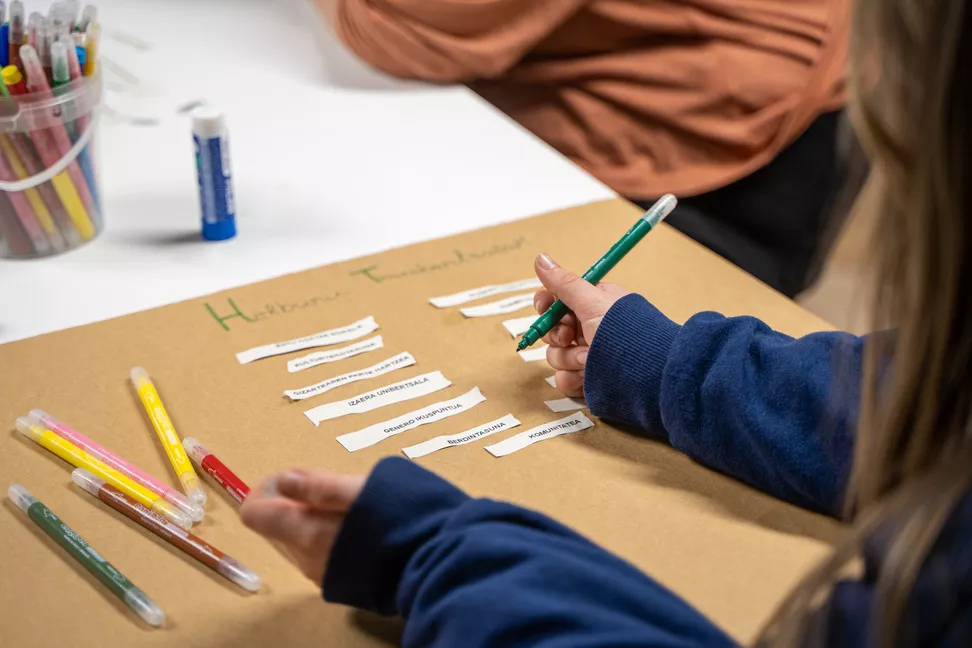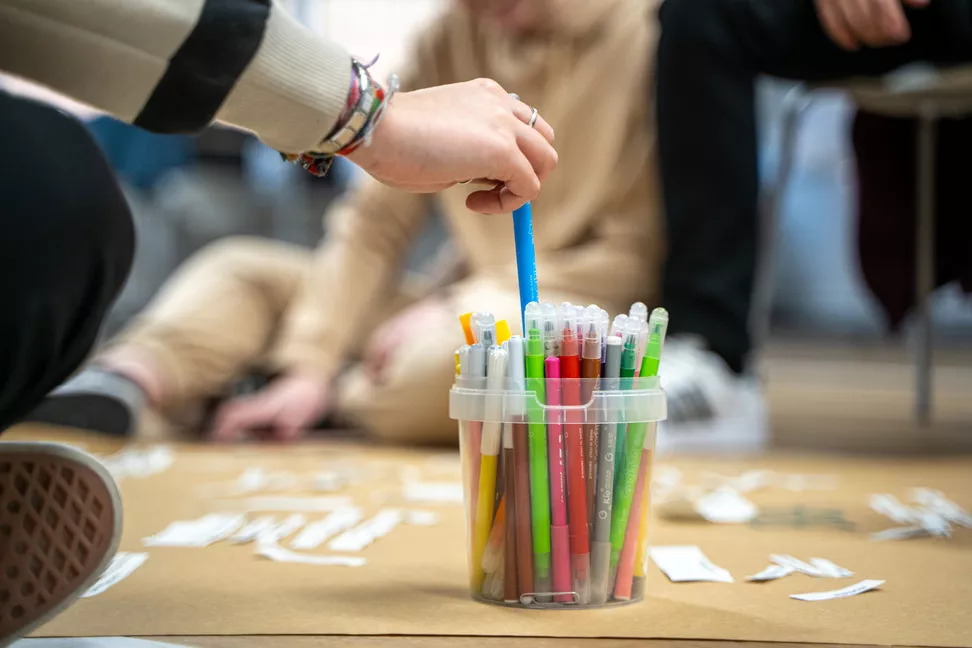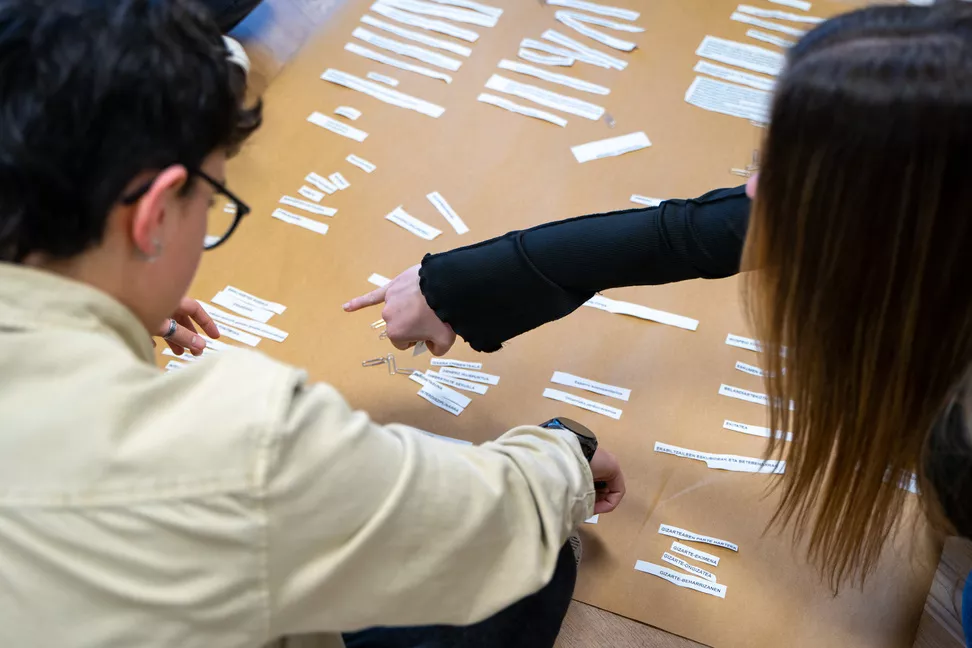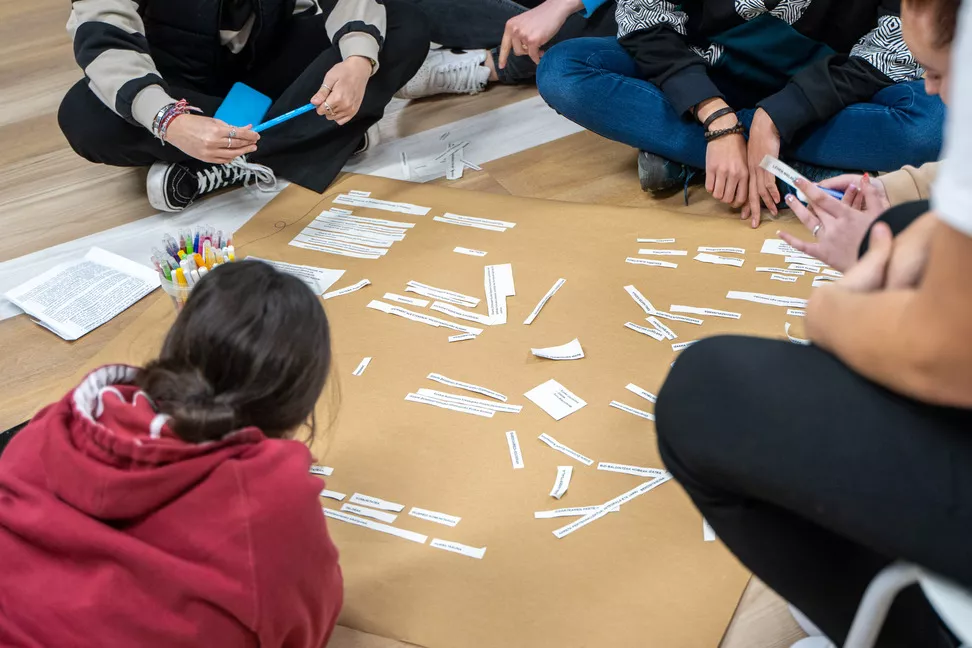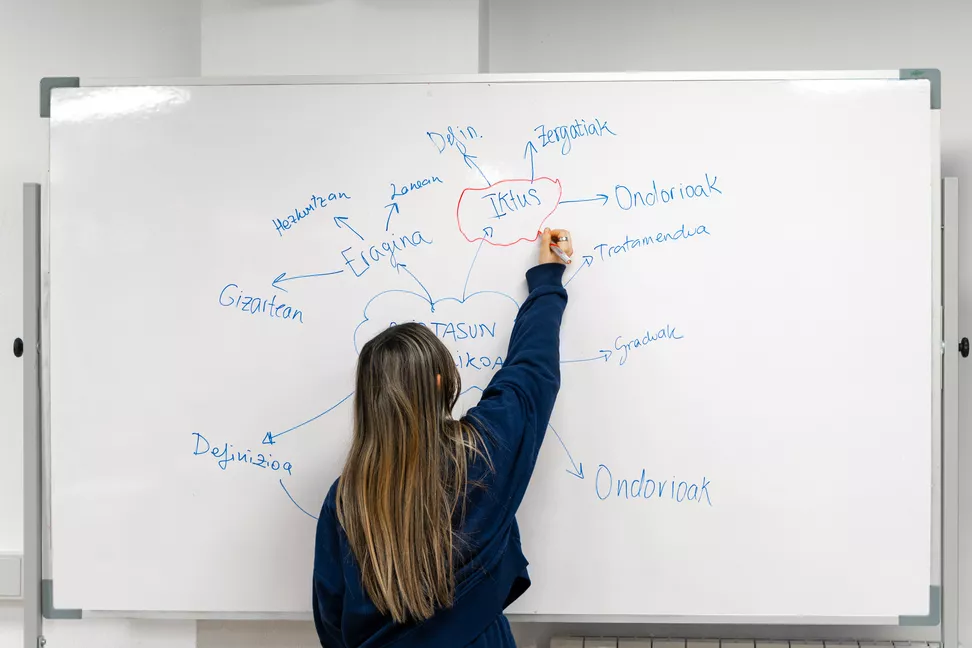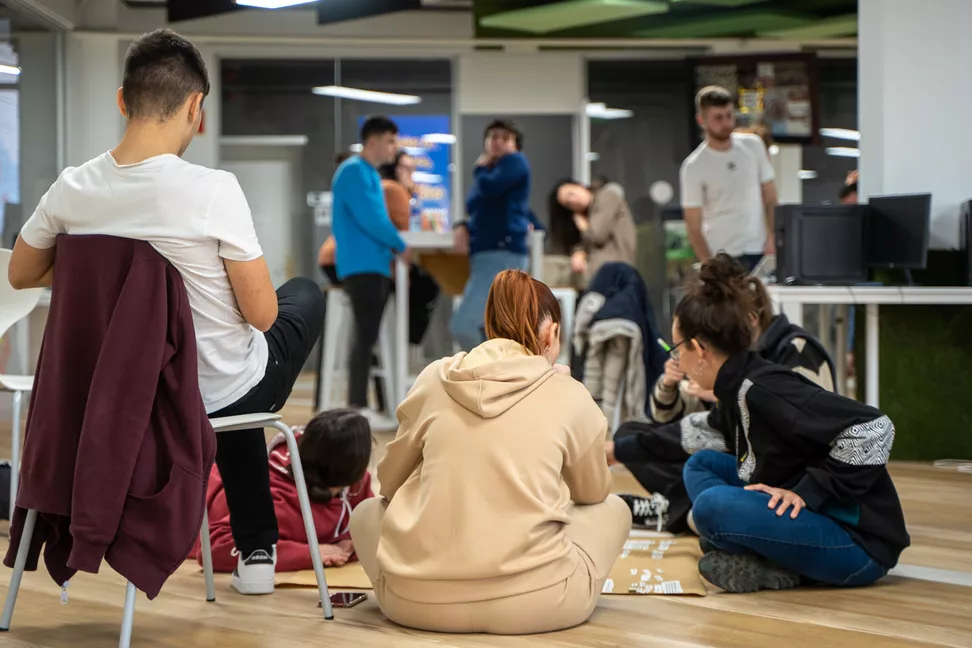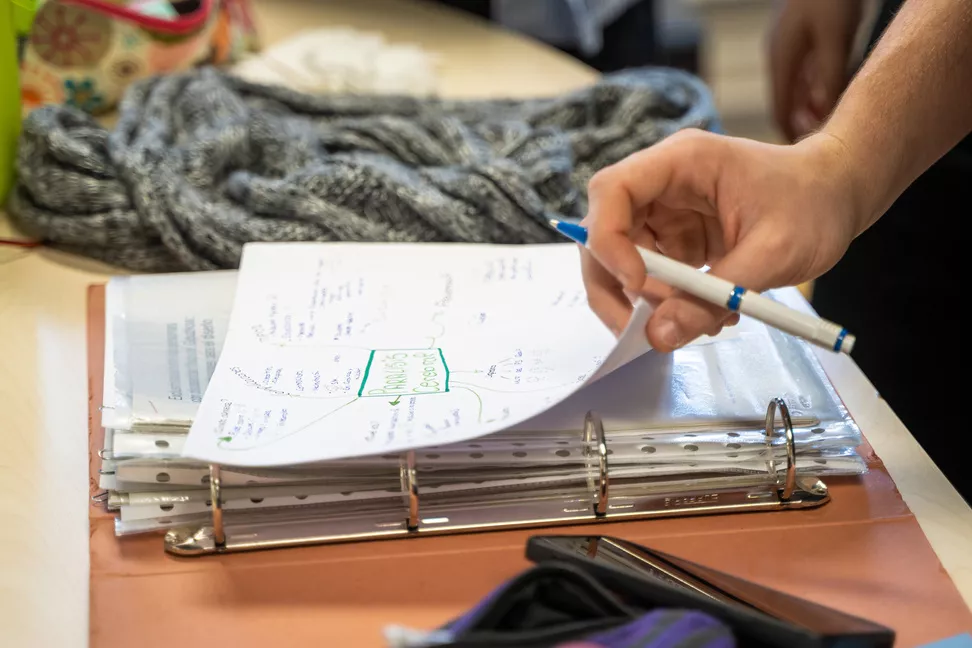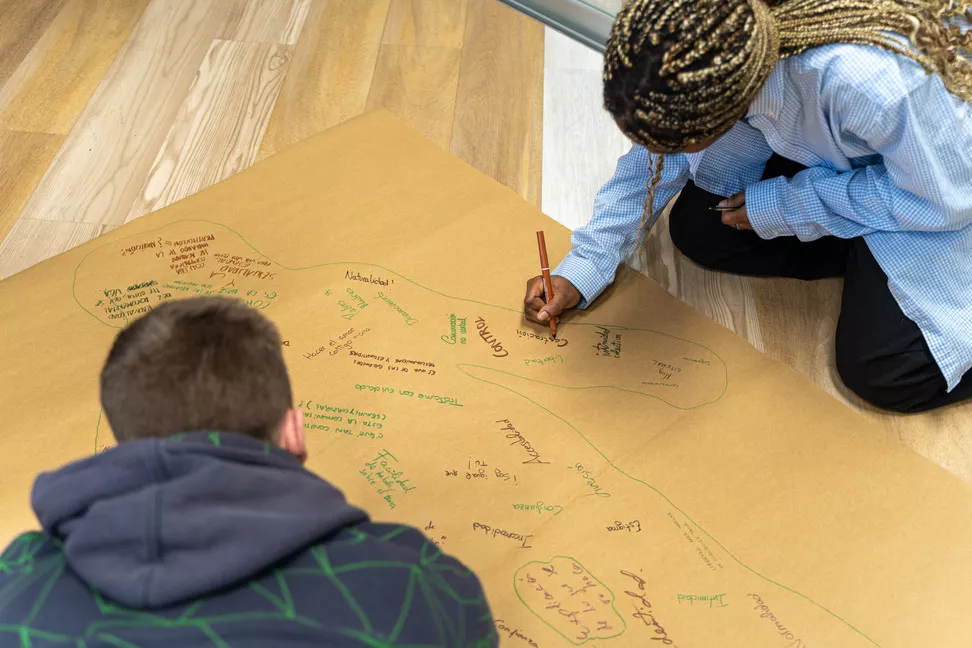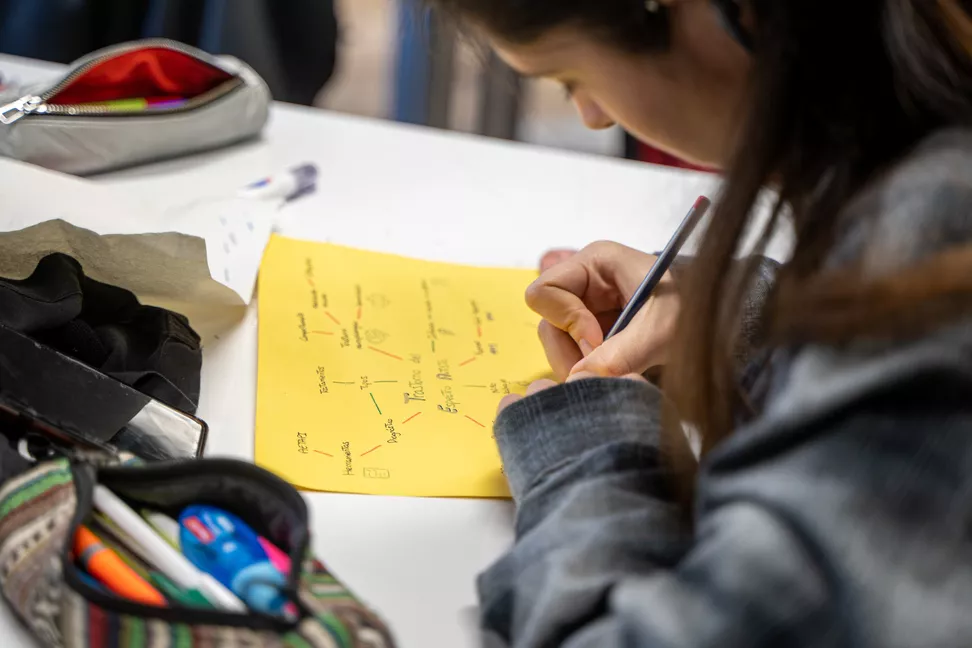The holder of this diploma will have acquired the General Competence with regard to:
- Programming, organizing, implementing and assessing the interventions for social integration;
- Applying strategies and specific techniques;
- Fostering equality of opportunities, always working with an attitude of respect for those people benefitting from our work
- Guaranteeing the creation of safe environments for both, the people benefitting from the work and for the professional.
| Professional Module | Hours-total | Year |
|
Context of the Social Intervention
|
99 | 1st |
| Cohabitation Units Care | 165 | 1st |
|
Promotion of Personal Autonomy
|
198 | 1st |
|
Augmentative and Alternative Communication Systems
|
165 | 1st |
|
Methodology of Social Intervention
|
132 | 1st |
|
Personal itinerary for employability I
|
120 | 1st |
|
Digitalization applied to productive sectors
|
60 | 1st |
|
Sustainability applied to productive sectors
|
30 | 1st |
|
Social and Labour Intervention
|
200 | 2nd |
|
Social Skills
|
132 | 2nd |
|
Community Mediation
|
120 | 2nd |
|
Support to Educational Intervention
|
120 | 2nd |
|
First Aid
|
60 | 2nd |
|
Professional English
|
63 | 2nd |
|
Personal itinerary for employability II
|
63 | 2nd |
|
Intermodular project
|
50 | 2nd |
|
Optional modules
|
84 | 2nd |
Access to the High-level courses or modules requires compliance with at least one of the following conditions:
- To be in possession of the Post-compulsory High School Diploma or a certificate proving that all subjects of the Post-compulsory High School have been passed.
- To have passed the third year of the Unified and Polyvalent Baccalaureate (BUP): Accreditation through academic certification of having passed all subjects leading to the Post-compulsory High School regulated by Law 14/1970, of 4 August, on General Education and Financing of Educational Reform, after completing the third year of aforesaid studies (Order EFP/1210/2021 of November 2, which establishes the equivalence, for the purposes of access to vocational training courses, of certain studies and qualifications prior to the current education system).
- To have passed the second year of the Experimental Post-compulsory High School (Bachillerato experimental).
- To be in possession of a Technician certificate (Intermediate-level Vocational Training).
- To be in possession of a Higher Technician or Specialist Technician certificate, or equivalent for academic purposes
- To have passed the University Orientation Course (COU).
- To be in possession of any university degree or equivalent.
- To have passed the entrance exam for higher-level training courses (it will be required to be at least 19 years old in the year the test is taken or 18 for those who have a Technician’s degree).
- To have passed the university entrance exam for those over 25 years old.
Either you work as s/an:
- Technician in programmes of prevention and social insertion.
- Educator of residential equipment of different nature.
- Family worker.
- Guardianship assistant.
- Educator of special education.
- Instructor of disabled persons.
- Basic mobility technician.
- Labour mediator.
- Community/intercultural mediator.
- Supported employment technician.
- Job support technician.
- Social rehabilitation instructor
Or you continue studying:
- Professional specialization courses.
- Another Higher-level Vocational Training course with the possibility of establishing validations of professional modules in accordance with current regulations.
- University studies with the possibility of establishing validations in accordance with current regulations.
- Plan social integration activities, applying the most appropriate resources and methodological strategies.
- Design and implement actions to prevent domestic violence, evaluating their progress.
- Design activities to address physical and psychosocial needs based on the characteristics of the users and the context, monitoring and evaluating their progress.
- Organize activities to support domestic management based on the characteristics of the household, monitoring and evaluating their progress.
- Organize and implement psychosocial support activities, demonstrating a respectful attitude toward individuals’ privacy and evaluating their progress.
- Organize and implement training activities in personal and social autonomy skills, evaluating the results achieved.
- Organize and implement job and occupational integration programs, evaluating their progress and ensuring their alignment with the established schedule.
- Provide training in communication skills using alternative or augmentative systems, and motivate users to use them.
- Mediate between individuals and groups, applying participatory and conflict management techniques efficiently.
- Maintain fluid relationships with users and their families, members of the work group, and other professionals, demonstrating social skills and providing solutions to any conflicts that arise.
These teachings include the knowledge required to carry out basic level activities for the prevention of occupational risks.

